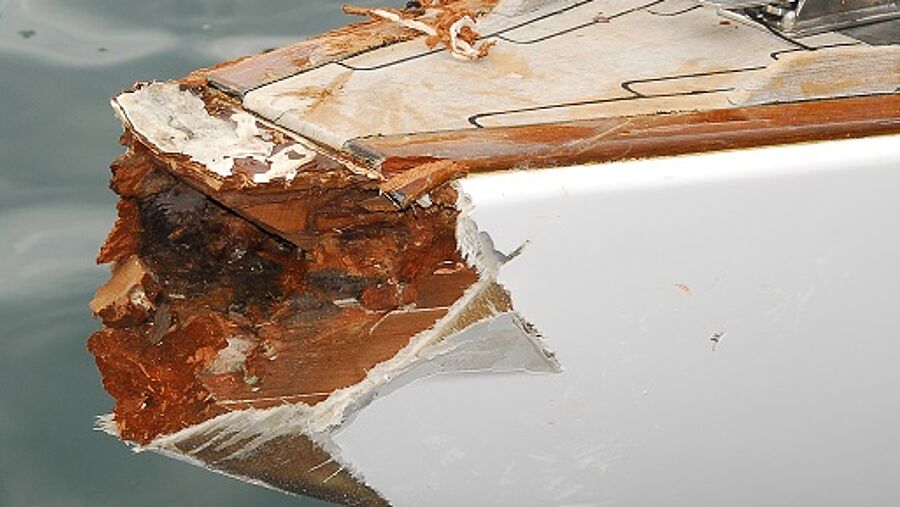
* Pantaenius UK Limited is authorised and regulated by the Financial Conduct Authority (Authorised No.308688)
Whoever causes a loss is also liable for it - this connection seems logical. But in water sports it is not always so easy. Here, the principle of fault liability usually applies. Gunnar Brock, attorney at Pantaenius, the yacht insurance specialist, explains what this means for your insurance cover.
"Basically, an adult person is only liable for a loss if he himself has caused it culpably, i.e. intentionally or negligently," explains Brock. This principle is called fault liability in German jurisdiction and applies to almost all damages in water sports. In contrast, in road traffic, the so-called strict liability applies due to the increased risk potential.

1) A driver parks his car. At night, the Bowden cable breaks, the handbrake is released and another vehicle is damaged. In this case, the vehicle owner or his insurance is liable, although he is not directly to blame.
2) An owner properly moors his vessel at its berth. During the night a storm comes up, two moorings are torn and the neighbouring berths are damaged. In this case, the owner or his liability insurance is not liable because the skipper was not at fault.
"The difference is often difficult to communicate to boat owners because they get on the water with the mentality and experience of road traffic," reports the Pantaenius lawyer. "They feel a moral obligation towards the injured party, especially if, as in this example, it is the neighbour they have known for 20 years.” The boat owner may find themselves further aggrieved when their own insurance won’t honour a claim for the damage, despite years of accident-free ownership and premium payments. The insurer refuses the payment - not from unwillingness, but simply because the policyholder is not responsible for the damage.
The annoyance becomes all the greater when the injured party files an action against the perpetrator because his insurance company does not want to pay. In this case, however, the liability cover includes so-called passive legal protection. This means that the costs for the necessary legal assistance are covered by the liability insurance.
In the case of collisions, the principle of liability based on fault becomes even clearer: even if I have the right of way as a course holder and therefore am not primarily to blame in the case of a collision, as a rule I am still blamed. As a skipper I am obliged to a) keep a lookout, b) give optical or acoustic warning signals and c) initiate a suitable last minute manoeuvre. Regatta sailors will know this system.
In this circumstance especially, Brock is of the opinion that yacht hull insurance is indispensable in water sports. "As there is no liability insurance obligation for boats, unlike for motor vehicles in Germany, boat owners should carefully consider driving through an area without hull insurance." Despite a lack of obligation, the insurance specialist considers liability cover to be urgently needed.
When choosing the right liability insurance, the insurance conditions can vary greatly. "Hardly anyone wants to read through the small print insurance conditions!" Brock knows, "but you should definitely check the details: does the policy cover claims of both crew and guests? Furthermore, the shared use of water sports equipment and damage to rented property should be insured, as should skipper liability insurance. Likewise, sufficiently high insured sums must also be ensured."
There is further information under www.pantaenius.de